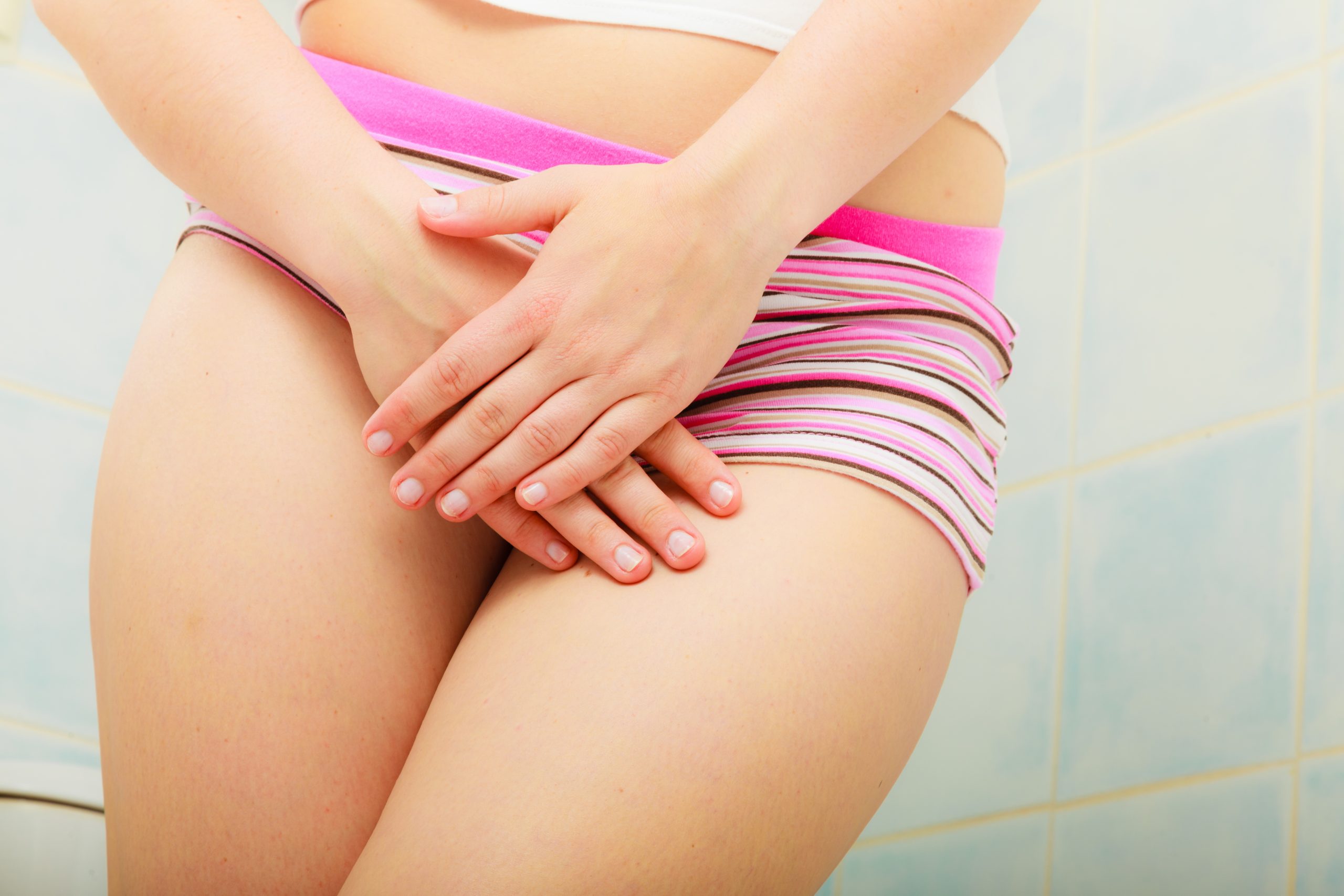Experts claim ‘vaginal fluid transplants’ could become new treatment for bacterial vaginosis

We thought we’d heard it all with poo transplants earlier this year, but now the words ‘vaginal fluid transplants’ made headlines as a way to prevent Bacterial Vaginosis.
Doctors in the US claim that giving women a dose of healthy vaginal microbes could help protect them against the infection which currently affects around 1 in 3 UK women.
But, whilst this might sound a little Hollywood-esque, BV is actually treatable without having to go through such an unusual procedure.
Despite BV being so common, a study by Canesten has revealed that over half of women don’t actually know what it is. Let us enlighten you.
How’s your vagina? The five signs something could be wrong down there
BV is an intimate health condition caused by a change in the pH balance of the vagina. This change can lead to an increase in a certain bacteria within the vagina.
Gynaecologist Anne Henderson explains: ‘BV is a vaginal infection caused by an overgrowth of Gardnerella Vaginalis bacteria, which can upset the natural healthy balance of bacteria within the vagina, causing uncomfortable symptoms.’
Sign up to our free daily email for the latest royal and entertainment news, interesting opinion, expert advice on styling and beauty trends, and no-nonsense guides to the health and wellness questions you want answered.

It’s hard to pinpoint what exactly causes it, but sexual activity, scented soap or bubble baths, having a coil fitted and using perfumed products around your vulva and vagina, can all increase the risk.
Symptoms include unusual discharge and an unpleasant odour although 50 percent of women have no symptoms at all.
For those that do, Canesten has revealed that 28 percent of them have masked the fishy smell by spraying perfume or deodorant onto their intimate area, often making the condition worse.
Think you’re suffering? Don’t worry – a vaginal fluid transplant isn’t the only treatment.
Anne says: ‘If you suspect you have BV, you should be able to treat the symptoms quickly within a week with a pH balancing gel, such as Canesbalance Bacterial Vaginosis VaginalGel. Products like these will help the body to naturally restore the vaginal pH, provide rapid odour relief and reduce bad bacterial growth, support good bacterial growth and treat symptoms within 7 days.’
You can also visit your local pharmacy for advice and treatment recommendations.
If your symptoms persist or if you experience another infection following treatment, you should seek advice from your GP as you may need a course of antibiotics.
Lucy Gornall is the former Health & Fitness editor at Future and a personal trainer specializing in pre and post-natal exercise.